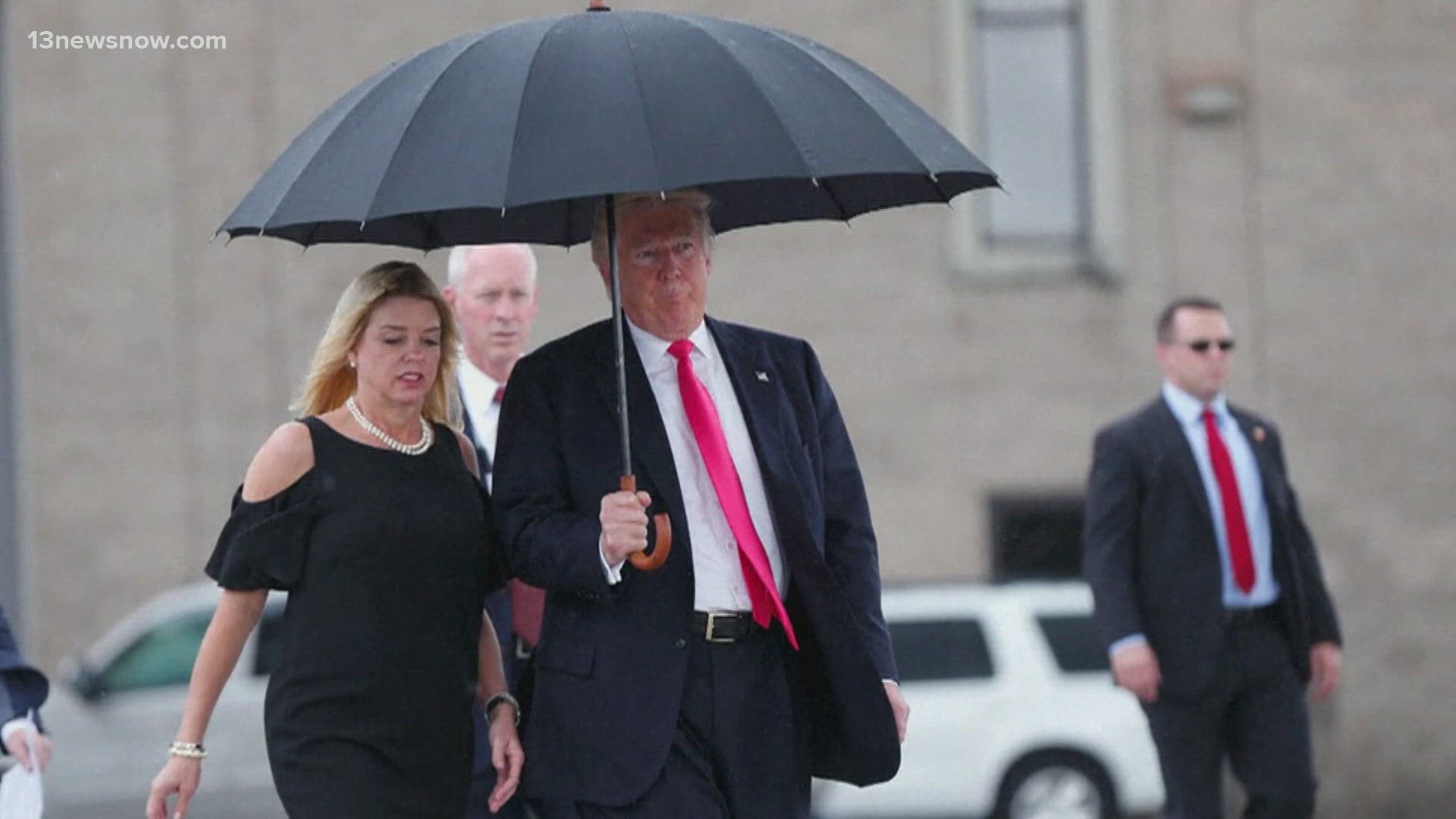WASHINGTON — U.S. Senators introduced legislation to encourage market-based competition to dominant social media platforms.
The bill, Augmenting Compatibility and Competition by Enabling Service Switching (ACCESS) Act, would require the largest companies to make user data portable, and their services interoperable, with other platforms. The legislation would also allow users to manage their account settings.
The bill, if passed, would increase market competition, encourage innovation, and increase consumer choice by requiring large communication platforms to:
- Make their services interoperable with competing communications platforms.
- Permit users to easily port their personal data in a structured, commonly used and machine-readable format.
- Allow users to delegate trusted custodial services, which are required to act in a user’s best interests through a strong duty of care, with the task of managing their account settings, content, and online interactions.
Virginia's U.S. Mark Warner helped introduce the legislation.
“Social media has enormous benefits. But, as we've seen, the tremendous dominance of a handful of large platforms also has major downsides – including few options for consumers who want to use social media to connect with friends, store their photos or just watch cat videos, but who face a marketplace with just a few major players and little in the way of real competition,” said Sen. Warner. "By making it easier for social media users to easily move their data or to continue to communicate with their friends after switching platforms, startups will be able to compete on equal terms with the biggest social media companies."
View the full bill below:
More Sen. Warner News:
- RELATED: Sen. Warner introduces legislation to provide visas to Kurds who worked with US forces in Syria
- RELATED: Sens. Kaine, Warner ask about effects of 'junk plans' on Virginians with pre-existing conditions
- RELATED: Bipartisan Senate report: Russia interference more complex than first thought
- RELATED: Sen. Warner demands answers from DOJ regarding delayed implementation of Ashanti Alert



